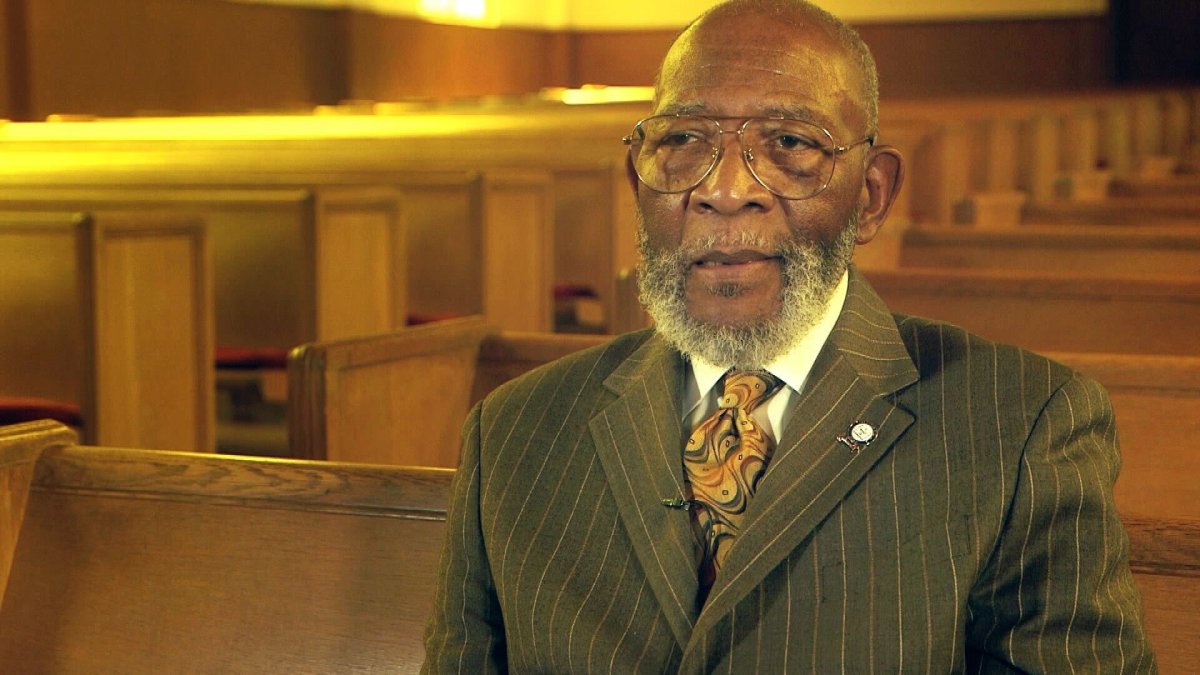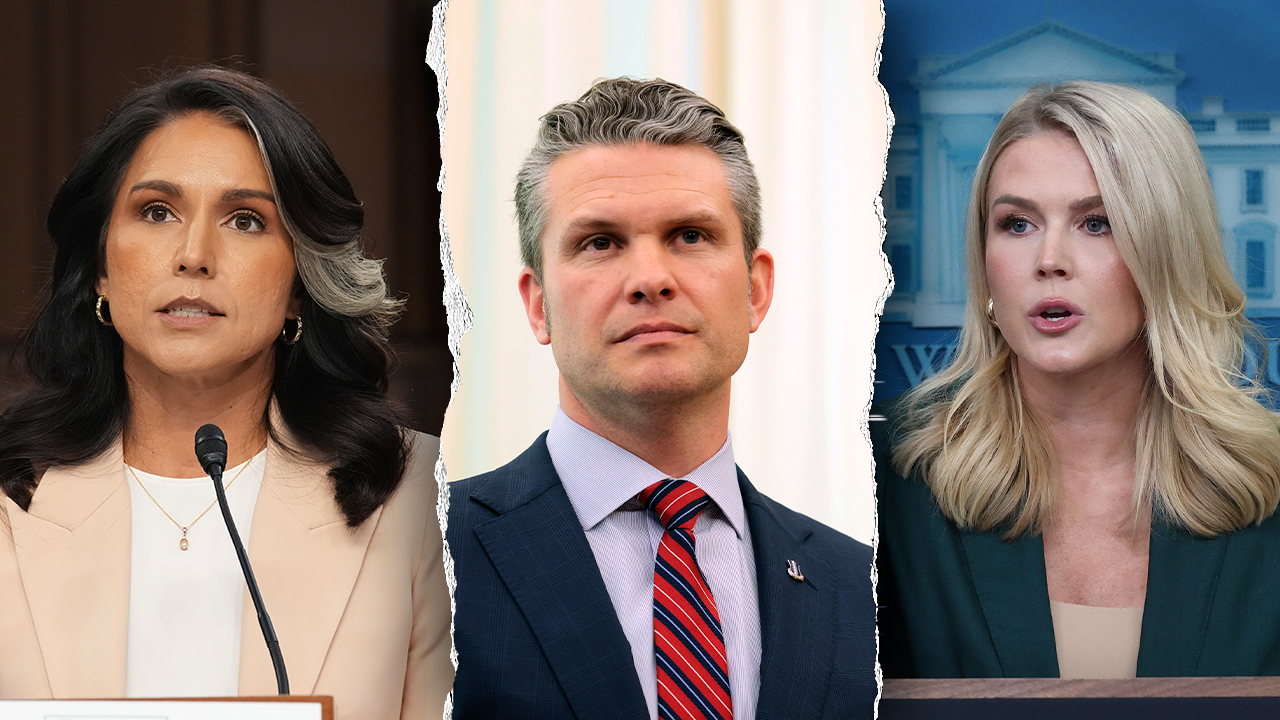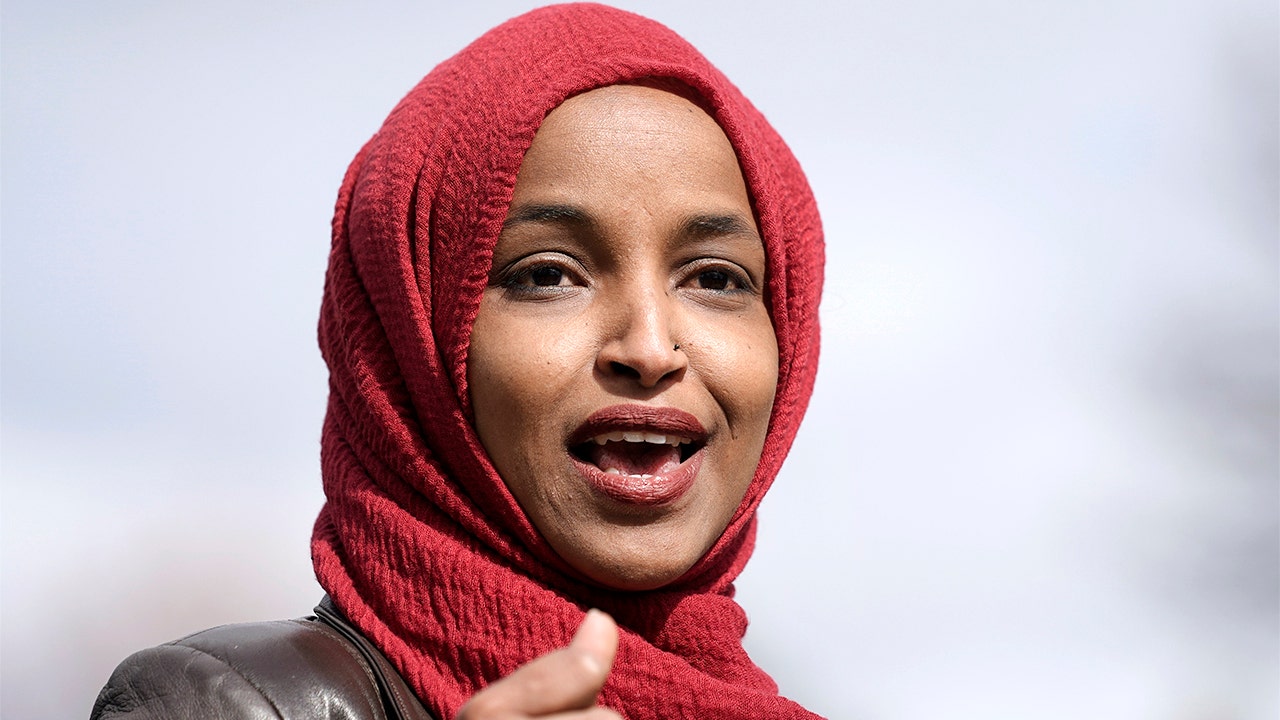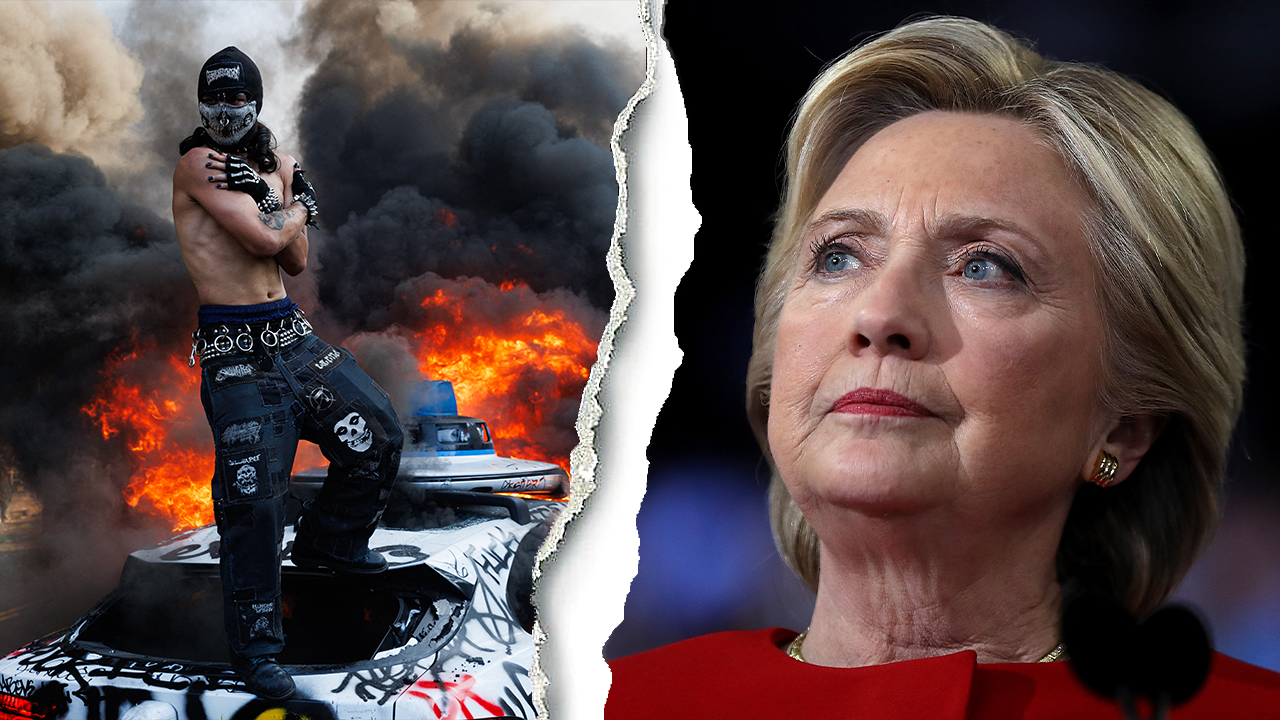The Swiss National Bank has cut interest rates by a quarter point to zero but did not go so far as negative rates, as it battles to restrain its currency, which has surged on global trade tensions.
It is the first time that the Alpine country, which is one of the few globally to experiment with negative rates, has an interest rate of zero as it tackles lagging inflation and a surging Swiss franc, a haven currency that investors have bought up amid US President Donald Trump’s trade war.
The cut comes after annual inflation in Switzerland dipped to minus 0.1 per cent in May, the first negative reading in four years. The appreciating Swiss franc — up 10 per cent against the dollar this year — has slashed the cost of imports, dragging down consumer prices.
The Swiss franc strengthened after Thursday’s expected cut, with the dollar down 0.2 per cent against the franc by afternoon trading at SFr0.817.
A minority of traders had been betting on a larger, half-point cut, according to levels implied by the swaps markets. The franc’s rally after Thursday’s decision was prompted by those bets being “unwound”, said analysts at BBH.
SNB chair Martin Schlegel said at a press conference that the bank would “not take a decision to go negative lightly”. The central bank would also have to take into account the interests of savers, pension funds and others, he said.
Traders slightly trimmed their bets on further rate cuts after Schlegel’s remarks, and were putting a roughly 60 per cent chance that the SNB will cut again to minus 0.25 per cent by March next year.
Switzerland’s two-year government bond yields, which are sensitive to movements in rate expectations, rose 0.09 percentage points to minus 0.10 per cent.
The SNB has also repeatedly flagged financial stability risks from soaring valuations for Swiss property in a lower interest rate environment.
Schlegel did not, however, rule out a move into negative territory, with global trade turmoil possibly forcing the bank down that path in the months ahead.
“It sounds like they are going to play it by ear, which slightly dents market conviction on negative rates,” said Francesco Pesole, an FX strategist at ING.
The so-called Swissie’s sharp rise this year has complicated policymaking. The SNB is attempting to ease pressure without triggering accusations of currency manipulation from the US, which placed Switzerland on a watchlist during Trump’s first term. Analysts say rate cuts are a diplomatically safer route than direct FX intervention.
The SNB’s decision contrasts with the Federal Reserve’s continued wait-and-see approach. The Bank of England also held rates at 4.25 per cent at its latest meeting.
However, Norway’s central bank unexpectedly cut borrowing costs on Thursday, loosening monetary policy for the first time since the start of the Covid-19 pandemic. The strength of the economy in western Europe’s largest oil and gas producer had led it to keep rates higher than nearly all its neighbours, including Sweden’s Riksbank and the European Central Bank. But Norges Bank decided that the inflation outlook was subdued enough that it could cut rates by a quarter point to 4.25 per cent.
Switzerland first introduced negative interest rates in December 2014, when the SNB set the deposit rate at minus 0.25 per cent to stem the franc’s appreciation amid safe-haven inflows.
The SNB at one stage pushed the rate down to minus 0.75 per cent, the lowest level in the world. The policy remained in place for more than seven years, also making it one of the world’s longest negative rate periods until it exited it in 2022.
Thursday’s cut creates a potentially tricky situation for Swiss banks. They no longer earn interest on their reserves with the SNB but theoretically have less justification to pass that cost on to customers.
Daniel Kalt, chief economist at UBS, the country’s largest bank, said zero per cent was probably the most difficult scenario for banks.
“In terms of pressure on net interest margins, it couldn’t be worse than with the situation we have today. With this, it is hard for banks to justify charging customers fees like they did during the previous period of negative interest rates,” Kalt said.






























